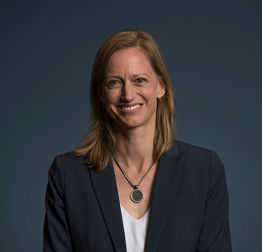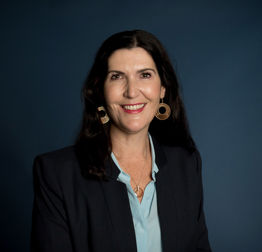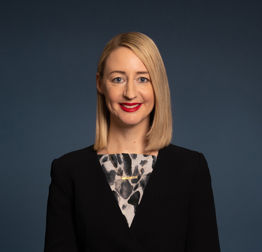A New Zealand study has revealed new data around treatment of a severe childhood disease, bronchiectasis, that could greatly improve the lives of sufferers and their families around the world.
Bronchiectasis is a serious, recurring lung condition that overwhelmingly affects Māori and Pasifika children in economically deprived areas. One in 1300 Māori children aged under 15 suffers from the disease, and one in every 600 Pasifika children.
Having a child with a chronic illness is stressful and difficult at the best of times – especially when financial stress is added to the emotional toll. Flare-ups usually require hospitalisation and can occur several times a year. A study by nursing student Ayla Greaves (Ngāti Kahu), sponsored by the Buddle Findlay Child Health Foundation, found that 94 per cent of patients relapsed within 12 months.
The current gold standard of treatment is two weeks of intravenous antibiotics, which requires parents to take a fortnight off work each time to be with their child and find childcare for siblings. Compounding the stress, multiple children in the same family can be sufferers as they share the same living conditions.
“In recent years, healthcare providers across the country have noted a troubling pattern of Māori and Pasifika families postponing or avoiding hospitalisations for children with bronchiectasis due to the lengthy stay required. As children’s lungs aren’t fully grown until puberty, it leads to so much more lung damage and scarring if it’s left,” says Greaves.
Last year, the Buddle Findlay Child Health Foundation provided funding to Kidz First (the children’s arm of South Auckland’s Middlemore Hospital), to support its summer student scholarship programme run by the Māori Child Health Research Collaborative. This enabled Greaves to research the effectiveness of shorter treatments, including oral antibiotics, so children can go home earlier.
Research supervisor and paediatric respiratory specialist Professor Cass Byrnes explains: “Lots of kids are feeling better after around five days and don’t understand why they need to stay longer. They don’t like missing school – it’s that social aspect.
“We often end up having to negotiate. If they knew they didn’t have to spend as long, they’d be more willing to come in before they’re really, really unwell.”
The study, which was also jointly supervised by Māori nurse prescriber Miriam Manga (Ngati Kahungunu ki Wairoa), looked at five years of data from Auckland hospitals Starship and Kidz First. It found virtually no difference in patient outcomes between a two-week course of intravenous antibiotics and a week-long hospital stay followed by a week of oral antibiotics at home. Recovery time and the period between flare-ups remained the same, regardless of treatment.
“What that says to us is that we really need to look at the dictum that says you must come in for 14 days, which was causing so much pressure. These findings are a world-first and could change the way we treat bronchiectasis from now on,” Byrnes says.
These results are now being presented to the Paediatric Society and an application is being made to the Health Research Council to replicate the study and validate the findings for a 5-7 day intravenous treatment period.
Lisette Hood, a partner at law firm Buddle Findlay and trustee of the Buddle Findlay Child Health Foundation, says: "The trustees were delighted to support Ayla in undertaking this research. She and Professor Byrnes were able to point so clearly to the tangible benefits that might be gained from challenging whether the current standard of treatment remains appropriate, having regard to the negative societal impacts a two-week hospital stay can have on tamariki and their whānau.”
The scholarship continues the Foundation’s ongoing support for initiatives across New Zealand that make a difference to children in need of medical care. The charitable organisation is funded by the partners and staff of Buddle Findlay and has donated more than $1.51 million for urgent medical care, equipment and research for children and young tamariki since it was established in 2005.
Greaves says the experience of researching a topic that’s both relevant and impactful has been hugely valuable to her personally. She hopes to take the skills she’s learned back to benefit her whānau in Northland once she graduates.
“What drew me to this research was that we didn’t have much experience in paediatrics during our studies, and it was an interest I shared with Cass when we met. Working with the Māori population was also important to me. This has given me a greater awareness of the importance of culturally competent care and addressing health inequities in marginalised communities,” she says.
Professor Byrnes believes the research has not only revealed new treatment pathways to help patients and families, but also shown Ayla’s potential to become a future “leader in health for Māori people”.
“I think she’ll make a really big difference in the community.”
For more information on the Buddle Findlay Child Health Foundation and how we're making a difference in the community, read our Tō Tātou Tiakitanga report.





